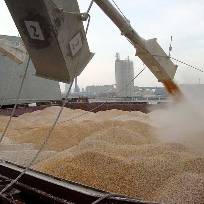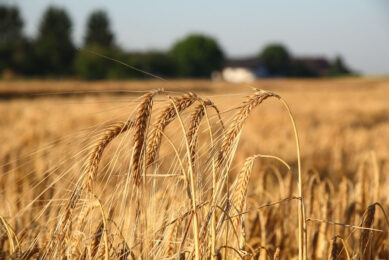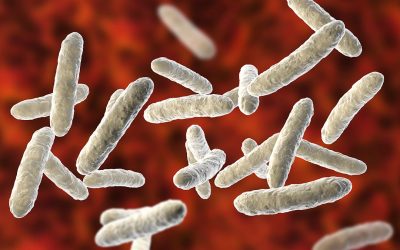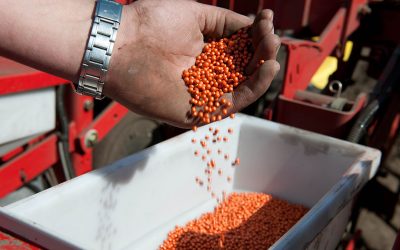GM-feeds can move faster into EU

The procedures for importation of transgenic materials into Europe can be condensed with the precaution that safety for the environment and humans is guaranteed.
Eurocommissioner Androulla Vassiliou (Health and Consumer affairs) affirmed
this at a meeting of the European parliament.
On the initiative of the
agriculture commission the subject of the effect of the current GM-import policy
for the feed industry was discussed.
Vassiliou recognised several options
to speed up the access of GM materials:
- Applicants can be better informed
regarding specific dossier requirements; - A first investigation of feed authority
Efsa may no longer take than six weeks; - Member states can also contribute to a fast
procedure.
GM ingredients that are not allowed in the EU. Up until now a zero-tolerance
policy is in place.
This makes feed raw
materials more expensive, because it is more and more difficult to keep
feedstuffs GM-free. And in contrary, meat of animals fed GM-feed is free to
enter the EU.
GM feed varieties which have not been approved in the EU
can be found in 90% of meat imported to the EU.
According to EU figures,
the current price difference between GMO and non-GMO feed is around £50 (€65)
per tonne.
Consumers have no idea
“It is a great irony that we
import poultry, pig and beef meet from outside the EU from animals fed on
products we deny our own farmers. This helps no-one, consumers have no idea
whether their meat has been fed on GM and farmers have to pay through the nose
for feed,” said Neil Parish, chairman of the European Parliament agriculture
committee.
“I am not suggesting a free for all on GM, but we must
ensure that any threshold is fair and achievable for non GM feed. With new
varieties of GM soy being planted around the world, it will be virtually
impossible to guarantee that any shipment into the EU is truly GM-free. I doubt
anyone will bother sending GM-free shipments to the EU as a result and this will
make non-GM feed even scarcer and more expensive for our farmers,” said
Parish.
Vassiliou in her opening
speech said she wants to look for a solution, however, without changing current
legislation. This will face a lot of opposition of too many member states. For
decades Europe is hopelessly divided on genetically modified
organisms.
For regular updates on feed news subscribe here to our free
newsletter
Join 26,000+ subscribers
Subscribe to our newsletter to stay updated about all the need-to-know content in the feed sector, three times a week. Beheer
Beheer









 WP Admin
WP Admin  Bewerk bericht
Bewerk bericht